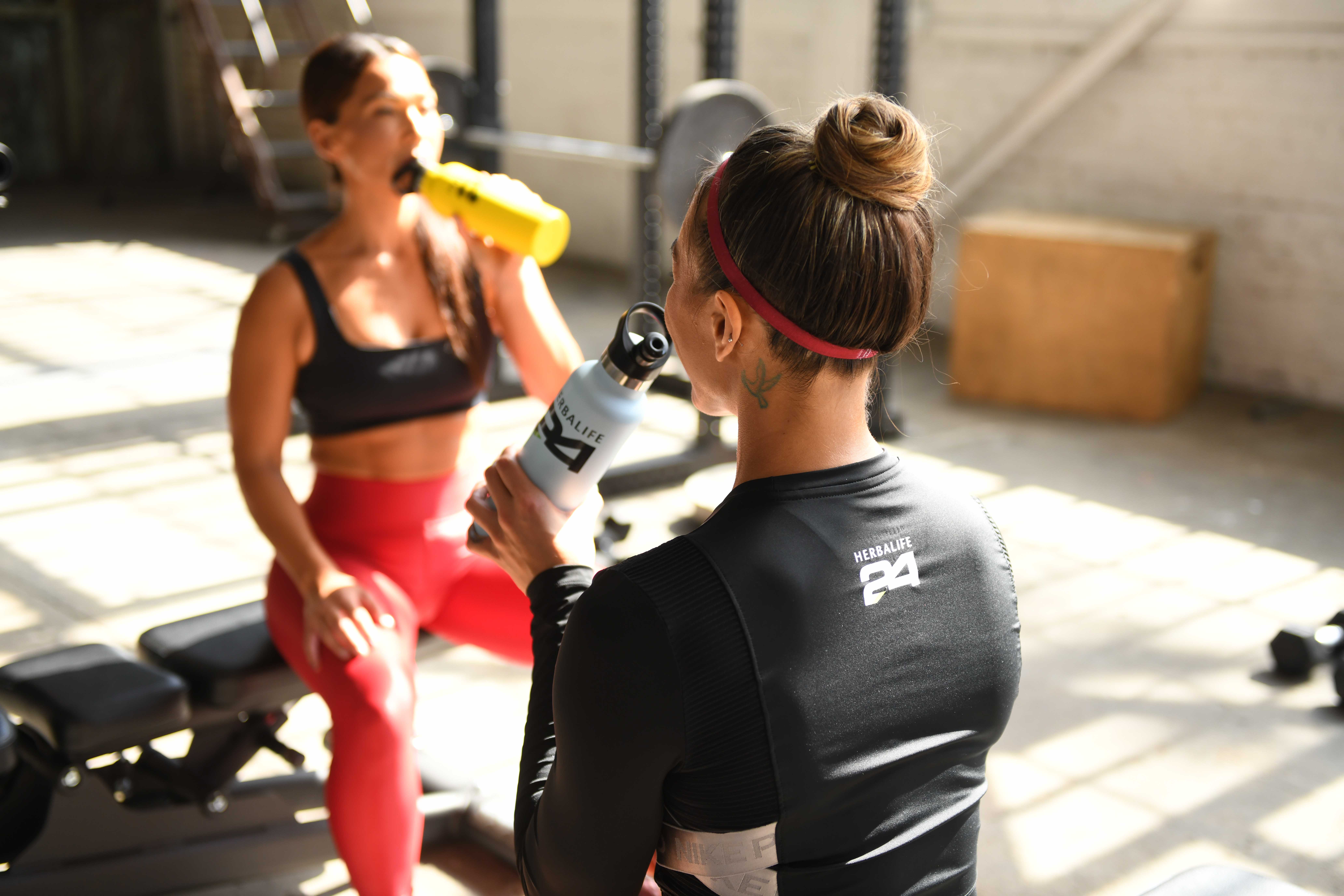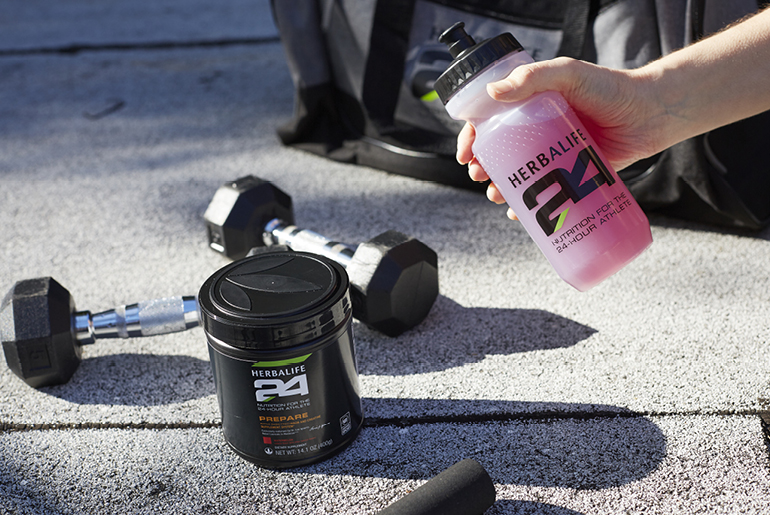Why Coaching and Team Culture are Essential to Athletic Success

Being an athlete is a 24-hour job. It’s not just about the time spent training, it’s also about the carefully crafted nutrition and training plans, getting enough rest, and keeping motivated throughout it all.
But athletes don’t have to do it alone. A sports coach can provide comprehensive coaching that involves recognising that each person has their own unique starting point and desired destination and drawing from an individual’s strengths to help them reach their particular goal.
Coaching athletes or anyone who needs help achieving a specific physical goal involves much more than simply providing a training plan. Good coaching involves getting to know the athlete, respecting their feelings, and finding a way to inspire confidence and get them motivated. The following tips can help boost the performance of both the athlete and the coach.
Tips for Coaches
1. Master the art of communication
Be clear and direct. Have regular conversations with your athletes. Knowing them will allow you to make a solid physical, nutritional, and emotional game plan.
2. Be a Good Listener
Listen to athletes and ask questions so that you fully understand their goals and desires.
3. Be Transparent
Let the athletes know where they are at, based on your assessment, and what it’s going to take to get them closer to their goal.
4. Create a Simple and Clear Game
The plan should be holistic, covering the physical training, nutritional expectations, and emotional development plan.
5. Create an Accountability Contract
Not only will this help to keep athletes on track, but it’s also a great motivational tool. Having metrics and goals can fuel athletes’ competitive nature and make them give it their best.
6. Make the training plan a living document
The plan is not set on stone: redefine and reassess it every week based on performance metrics and verbal feedback.
7. Reward and praise the small wins along the way
Recognition is something that drives many people to work hard and stay consistent.





